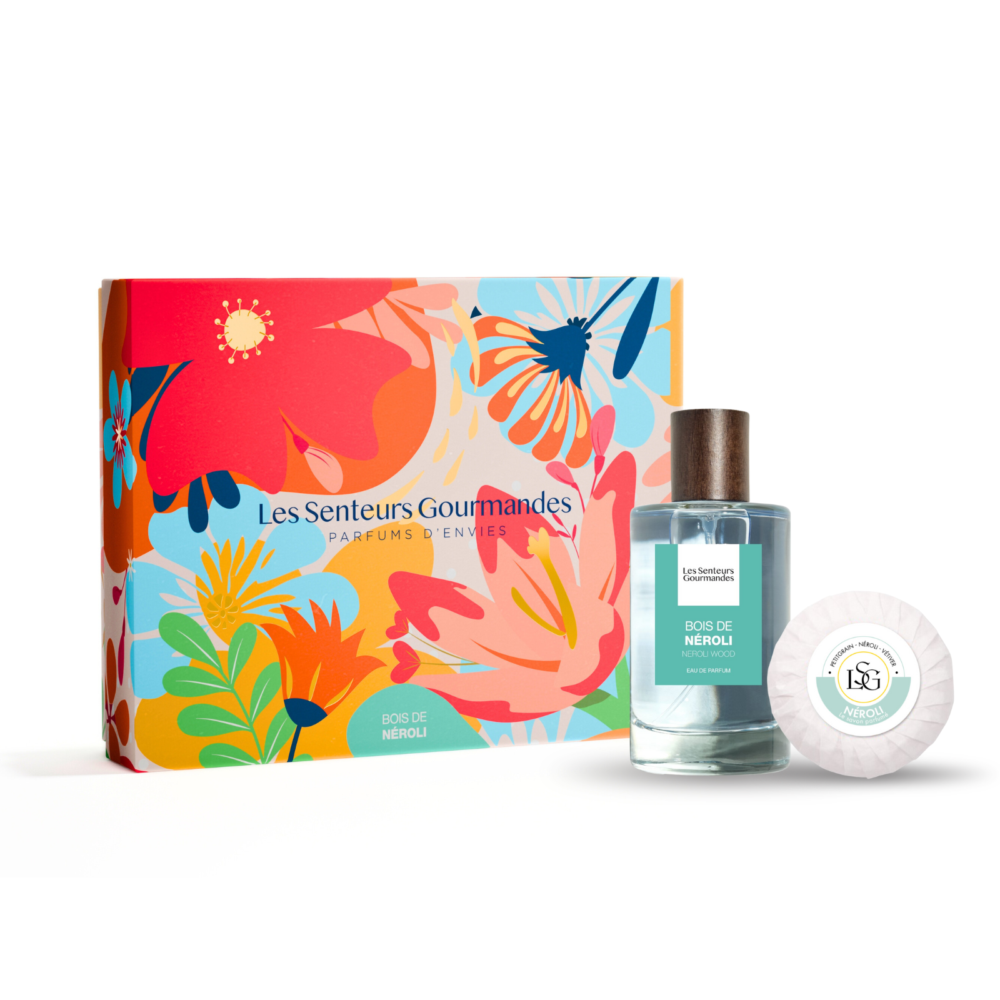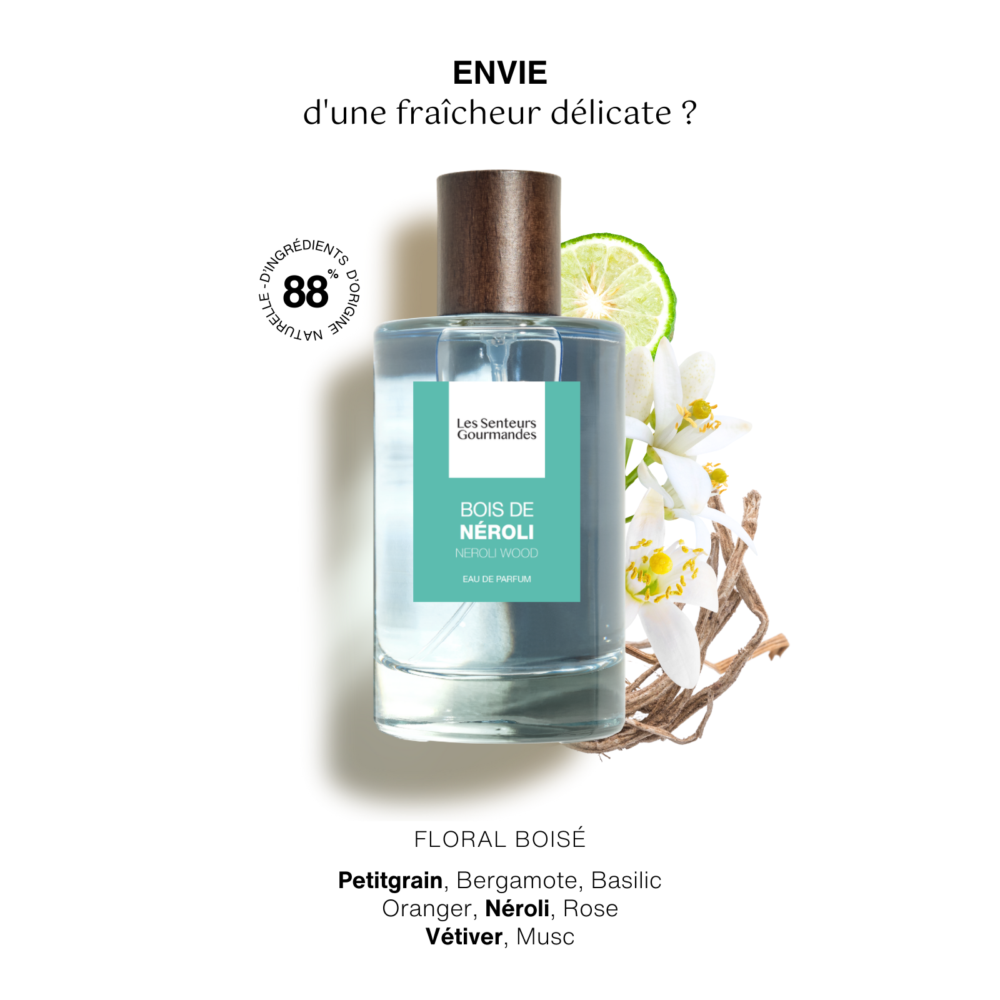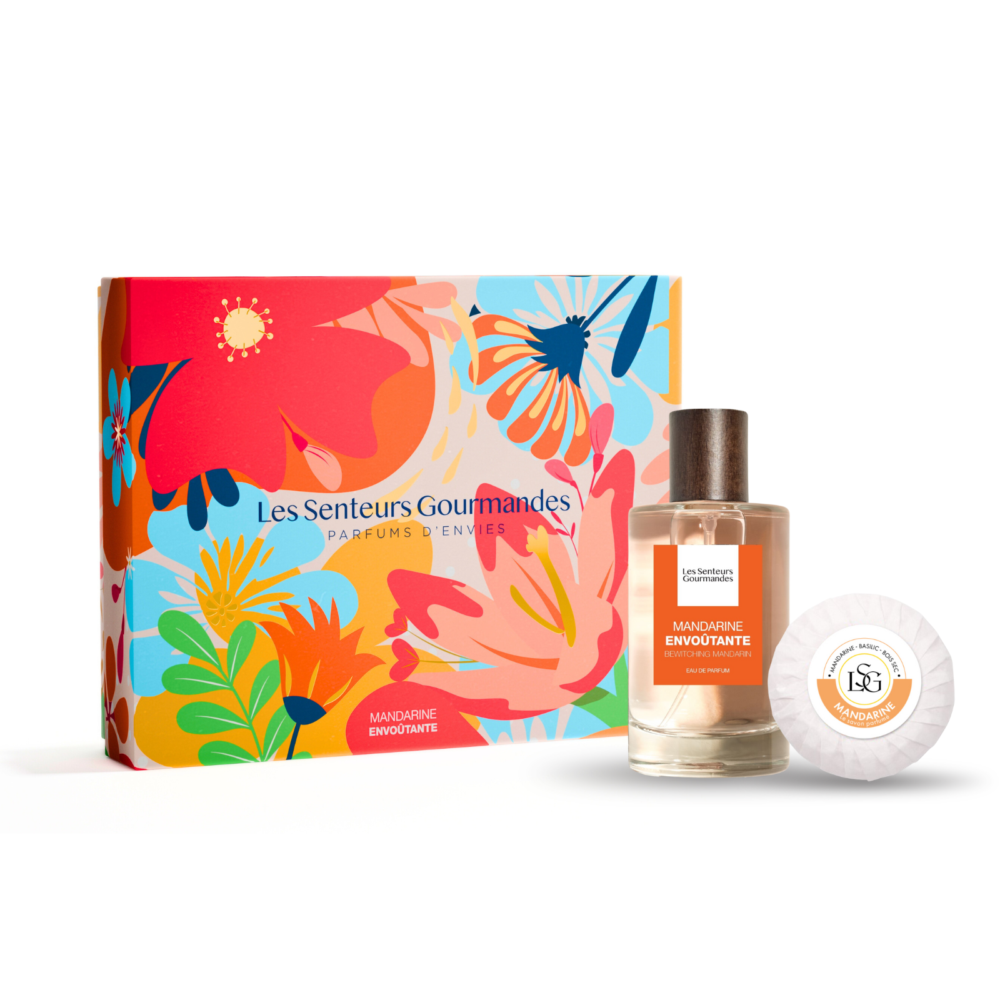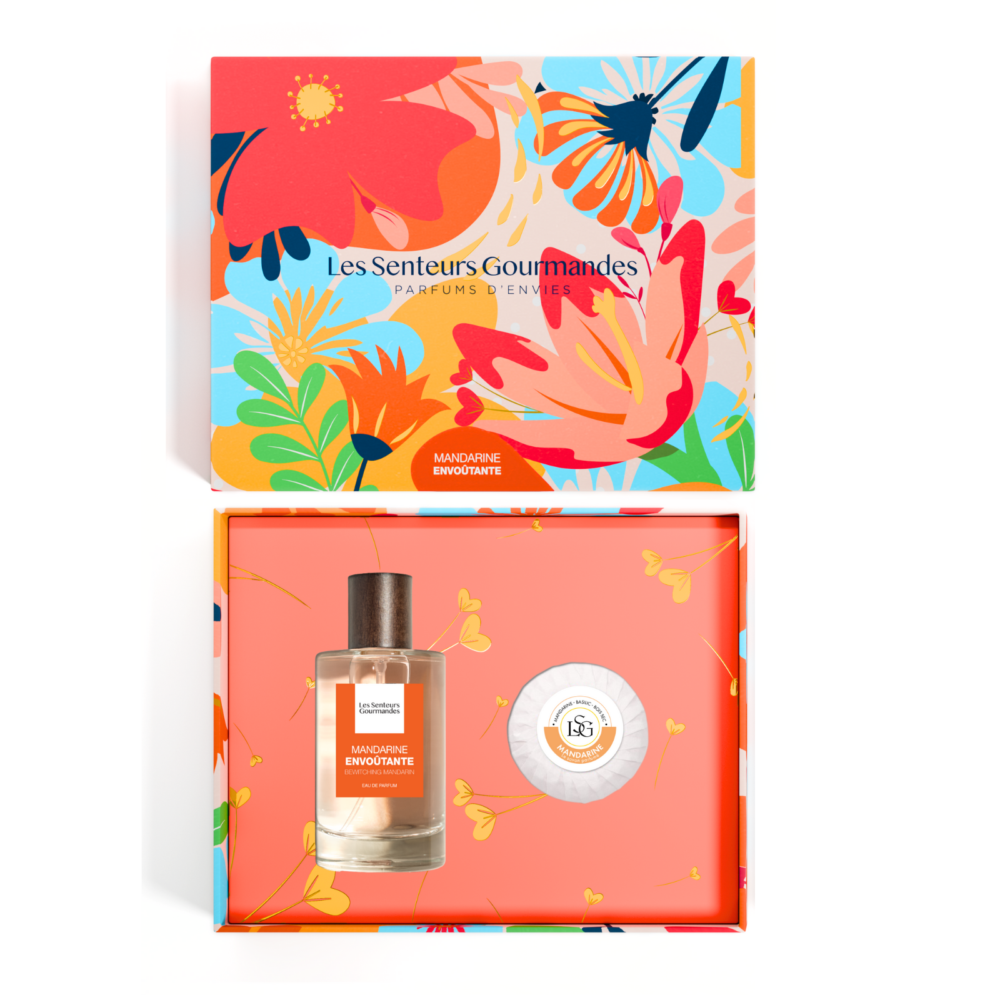Plus que avant une r�duction.
Your basket is currently empty !

Perfume, this accessory that accompanies our daily outfit, is both familiar and mysterious. You may wear it often or occasionally, but you may not know everything about it. In this article, we invite you to discover the fascinating history of this captivating elixir.
The word “perfume” comes from the Latin Per Fumum, meaning “through smoke.” Indeed, in Antiquity, perfume was burned to establish contact with the gods. At that time, it took the form of small pieces of resin or wood, quite different from what we know today.
Over time, perfume evolved. It became aromatic oils, balms, and scented waters. Our ancestors used aromatic plants such as thyme and lavender. They would macerate them to create perfumes, which they applied to their bodies, hair, and even their animals! This ritual became increasingly common and played an essential role in the world of cosmetics.
The term “perfume” only emerged much later, after the invention of Eau de Cologne. Originally, these were used as medicinal drinks. It wasn’t until 1706 that Eau de Cologne, in its scented version, began to captivate noses and hearts.
In 1820, a major breakthrough occurred with the introduction of synthetic notes, such as Coumarin. This allowed perfumers to push the boundaries of olfactory creation and formulate iconic perfumes that we know today.
Les Senteurs Gourmandes draws inspiration from this rich history. The brand offers not only Eau de Parfums but also Eau de Cologne, which represent the ancestors of modern perfumery. A tribute to an age-old art, with a touch of sweetness and pleasure in each fragrance.



